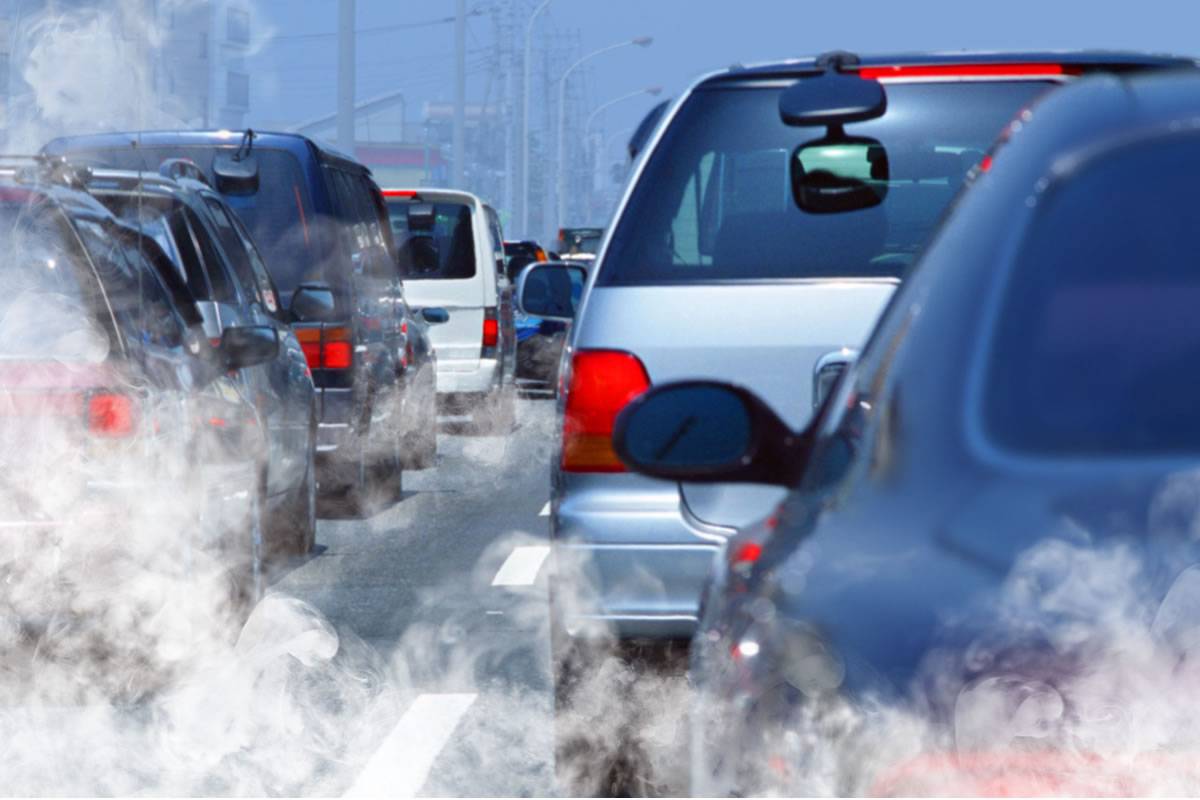New deadline set for the end of petrol and diesel cars in Europe
- 21-12-2023
- National
- Canarian Weekly
In a surprising turn of events, the end of an era for diesel and petrol cars in Europe is fast approaching, according to a recent report that unveils a landmark decision by the European Parliament. The governing body has expedited the deadline for the sale of new internal combustion engine vehicles, shifting it from the originally planned 2040 to the ambitious target of 2035.
The European Parliament's resolution represents a seismic shift in the automotive landscape, pushing manufacturers to pivot swiftly toward electric and hydrogen-powered vehicles. This groundbreaking decision, initially made in June 2022, brings the deadline five years closer than initially anticipated, signalling a shift in the industry.
Acknowledging the ambitious nature of this policy, industry leaders are gearing up to tackle the significant challenges posed by this accelerated timeline. The directive requires a fundamental transformation in manufacturing practices, with an emphasis on sustainable and eco-friendly alternatives to traditional combustion engines.
Current State of the Electric Vehicle Market
Despite the looming deadline, the electric vehicle market has not met anticipated growth, particularly in Spain, where sales hover below 10 percent of the total market share. Responding to this, the European Union is offering a concession, suggesting that synthetic fuels could serve as a substitute for traditional fossil fuels.
Flexibility with Synthetic Fuels
The European Union's flexibility allows combustion engine cars to continue being sold post-2035, provided they are adapted to run on synthetic fuels. This concession presents an innovative alternative, allowing for the continued presence of hybrid models, both plug-in and non-plug-in, combining electric and combustion engines.
Germany's Pioneering Agreement on Synthetic Fuels
In a groundbreaking development in March 2023, Germany reached an agreement with the European Commission, endorsing synthetic fuels derived from renewable energy as a promising option for combustion engines. These fuels boast the advantage of not contributing to increased atmospheric CO2 levels, aligning seamlessly with the EU's overarching goal of CO2-neutral new vehicles.
Spain Adapts to the Accelerated Timeline
Spain, which initially set 2040 as the deadline to ban combustion vehicle sales in line with the Climate Change and Energy Transition Law, now finds itself adjusting to the earlier 2035 EU deadline. This shift highlights the need for rapid adaptation and aligns Spain with the collective European effort to combat climate change.
Changing Consumer Trends in Spain
Spain witnessed a significant shift in consumer preferences in 2018 when gasoline vehicles outsold diesel counterparts for the first time in decades. Since then, interest in diesel cars has dwindled, while hybrids, combining electric and combustion engines, have gained considerable popularity among consumers. The automotive landscape in Spain is evolving, mirroring the broader European trend toward sustainable and environmentally friendly transportation options.
Other articles that may interest you...
Trending
Most Read Articles
Featured Videos
TributoFest: Michael Buble promo 14.02.2026
- 30-01-2026
TEAs 2025 Highlights
- 17-11-2025



























































